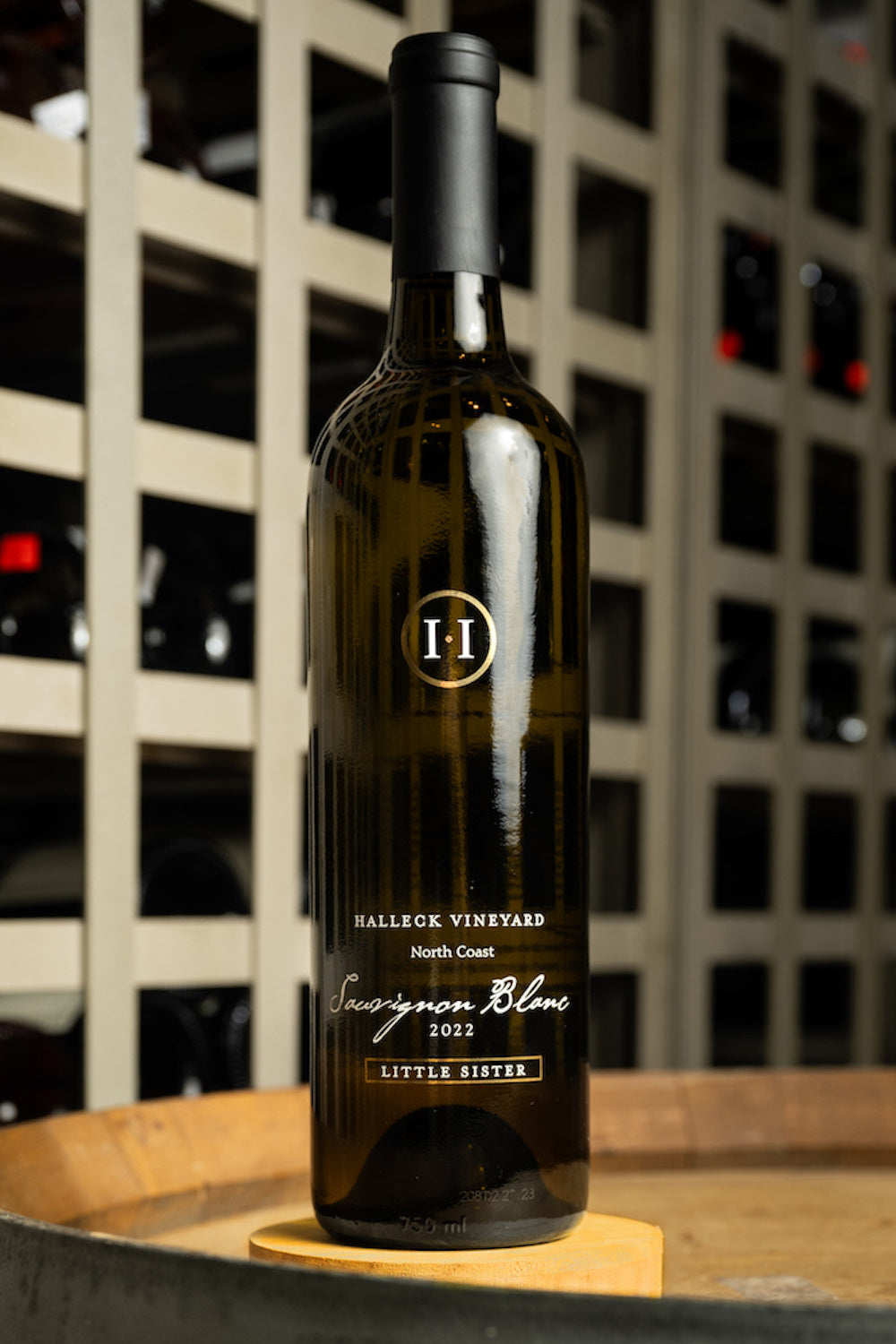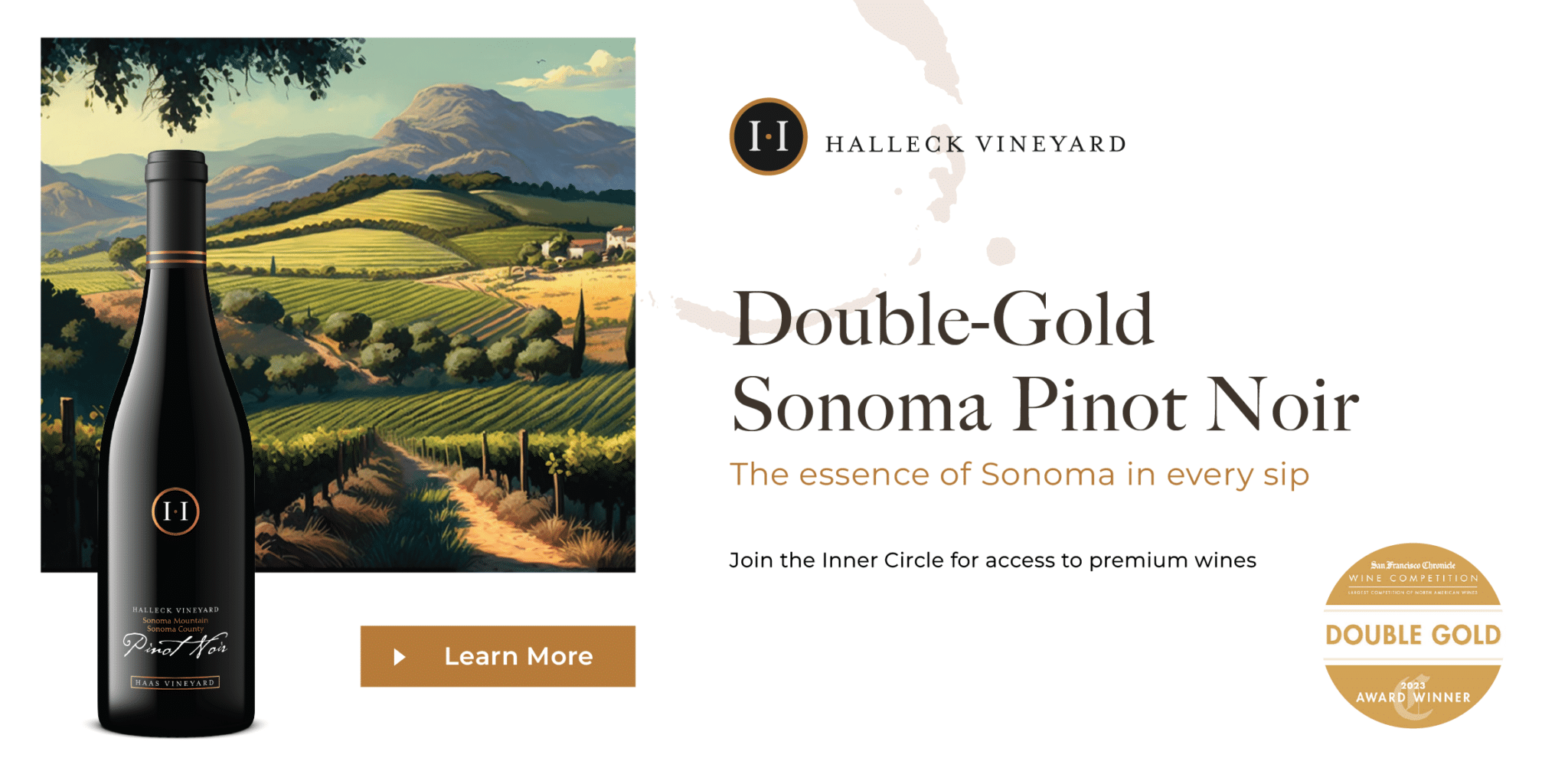Family-Oriented Wine Tasting Venues In Sebastopol - Wine Tours And Tastings In Sebastopol
Family-Oriented Wine Tasting Venues In Sebastopol - Wine Tours And Tastings In Sebastopol
Blog Article
Wineries Known For Handcrafted Wines - Vineyard Experiences In Sonoma
Wine tasting is often considered an art form, one which goes past merely enjoying a beverage. It embraces a posh interaction of flavors, aromas, and textures that requires devoted practice to really grasp. Many who enterprise into the world of wine tasting shortly realize that it entails much more than just sipping wine. Enhancing sensory skills via dedicated winery wine tasting can elevate the experience, remodeling a casual ingesting occasion into a sophisticated exploration of the senses.
At a basic stage, wine tasting engages the senses of sight, odor, style, touch, and even sound. Each part performs an important function in appreciating the nuances of a wine. When one first pours a glass of wine, the wealthy hues can provide preliminary insights into its age and varietal. Observing the colour and readability helps form expectations concerning the wine's flavor profile. Many don’t totally appreciate how this visual assessment can set the stage for what's to follow.
The next step is to engage the sense of smell. Swirling the glass aerates the wine, permitting its unstable compounds to flee and fill the air with its bouquet. The nose entails some fascinating layers—different aromas can signal various aspects of the winemaking course of, including the sort of grapes used, fermentation strategies, and growing older conditions. Growing a keen sense of smell can be a game-changer in wine tasting.
Wineries With Unique Tasting Experiences - Greatest Wine Tasting Locations In Sonoma
To improve this sensory skill, wine enthusiasts are often encouraged to participate in dedicated tastings at wineries. These tastings permit people to focus solely on the sensory experience (Wineries Hosting Seasonal Events). Tasting sessions led by educated sommeliers or winemakers can offer insights into identifying distinct aromas. Studying to distinguish between floral, fruity, earthy, and spicy notes can empower a taster to articulate their experience with greater precision.
As one practices their sensory skills, they may discover that their taste preferences evolve. This transformation often happens after multiple tastings. A wine that originally appeared overwhelming would possibly reveal hidden layers of complexity with a bit of experience. Understanding the method to isolate individual flavors such as acidity, sweetness, bitterness, and umami contributes substantially to the overall wine experience.
Another important component in improving sensory skills is the context during which wine is tasted. Environmental components like temperature, lighting, and even the corporate present can affect perceptions. At a winery, an optimum setting can cut back distractions and allow a more profound exploration of the wine (Charming Wineries Offering Wine And Food Pairings). Working Towards conscious tasting techniques encourages a extra immersive experience, allowing tasters to hone in on their senses.
It is not solely about individual notion, although. Partaking with others throughout a tasting can even enhance sensory skills. Sharing notes and discussing impressions fosters a deeper understanding of the wine. This collaborative method encourages individuals to articulate their sensory experiences, thereby broadening their linguistic repertoire associated to wine tasting.
Good Wineries For Large Groups In Sonoma Valley - Sebastopol Wineries
Additionally, pairing wine with food can significantly improve the tasting experience. Different combos can deliver out distinctive flavors in each the wine and the dish. As one tastes a wine alongside explicit meals, they'll start to recognize how sure components in the wine complement or distinction with what they're eating. This skill of pairing is one other layer that enriches sensory development.
Coaching one’s palate can contain a wide range of workout routines. Some enthusiasts have interaction in systematic tasting experiences, sampling a range of wines that showcase completely different varietals, areas, or vintages. Exploring this variety can sharpen the power to discern nuances across completely different wine profiles. Over time, this practice builds a psychological library of flavors that can be accessed during future tastings.
Notably, written notes serve a dual purpose: organizing one’s thoughts and reinforcing reminiscence. By writing down observations about each wine, tasters can observe their progress over time. Detailing the traits of wines assists in solidifying knowledge, finally deepening one’s appreciation of what they consume.
Furthermore, attending workshops or classes centered on sensory evaluation can be helpful. Many wineries provide these educational programs to assist individuals refine their skills. Typically, trained instructors guide individuals by way of structured tastings, specializing in particular parts of the wine. This degree of education reinforces the sensory skills asynchronously and challenges tasters to suppose about their experiences from completely different angles.
Wineries In Sebastopol - Wine Tasting At Sonoma Vineyards

Over time, the dedication to enhancing sensory skills by way of dedicated winery wine tasting can yield important rewards. The enjoyment derived from wine turns into layered and multifaceted. No longer limited to a simple preference for "pink" or "white," tasters start to appreciate the tales behind every pour. They cultivate a palette able to navigating the advanced panorama of flavors with confidence.
In conclusion, the journey of enhancing sensory skills via devoted winery wine tasting is as rewarding as it's enjoyable. It requires focus, dedication, and a willingness to be taught, however the outcomes far exceed the preliminary effort. By engaging a number of senses and collaborating in considerate discussions, individuals not only turn into more proficient at identifying flavors but also develop a deeper appreciation for the craftsmanship behind every bottle. The course of transforms wine from a mere beverage right into a wealthy tapestry of sensory exploration that beckons enthusiasts to delve deeper. As skills improve, so too does the enjoyment, enriching life experiences one sip at a time.
Wineries Ideal For Large Groups - Vineyard Experiences In Sonoma
- Engaging the palate by way of various wine varieties enhances the ability to differentiate flavors and aromas, refining overall sensory perception.
- Taking Part in guided tastings promotes targeted attention on refined traits of every wine, nurturing critical tasting skills.
- Learning to determine specific grape varieties fosters a deeper understanding of terroir, which aids in recognizing regional flavor profiles.
- Incorporating food pairings during tastings can heighten sensory consciousness, as different tastes can affect one another and alter perceptions.
- Training the art of swirling and nosing wines allows individuals to connect olfactory cues with taste, bettering the power to articulate sensory experiences.
- Attending workshops that emphasize blind tastings trains participants to rely purely on their senses quite than preconceived notions, enhancing objectivity.
- Elevating sensory skills can result in better wine choice abilities, empowering people to make informed selections based on personal preferences.
- Partaking with educated sommeliers offers insights into wine-making processes, which deepens sensory appreciation and enhances vocabulary for describing wines.
- Regular participation in tastings encourages reminiscence improvement of flavors and aromas, aiding within the formation of a personalized sensory profile over time.
- Sharing tasting experiences with peers fosters dialogue, selling communal learning that may improve individual sensory skills through collaboration.undefinedWhat is the aim of improving sensory skills by way of wine tasting?

Bettering sensory skills by way of wine tasting weblink permits individuals to reinforce their capacity to identify and respect the varied aromas, flavors, and textures of wine. This heightened sensory consciousness can result in a deeper understanding of wine and an overall enriched tasting experience.
Wineries Offering Elegant Wine Tastings - Wineries Near Sebastopol For Tasting
How can I develop my sensory skills at a winery?
You can develop your sensory skills at a winery by taking part in guided tasting sessions that concentrate on specific varietals. Engage with educated staff who can provide insights and encourage you to take notes on your impressions, enhancing both your observational and descriptive abilities.
What ought to I count on during a devoted wine tasting experience?
Wineries Offering Educational Wine Seminars - Sonoma Vineyards Worth Visiting
During a devoted wine tasting experience, anticipate to sample a number of wines while receiving targeted schooling about each one. You Will study about the winemaking course of, tasting techniques, and how to discern totally different sensory characteristics, all in a relaxed environment.
Is prior knowledge of wine essential to benefit from a sensory skills workshop?
- Wineries Hosting Seasonal Events
No prior knowledge of wine is critical; the workshops are designed for all levels of experience. Newbies will discover priceless info to construct from, while seasoned tasters can refine their skills and increase their palate even additional.
How do sensory skills impact my overall wine appreciation?
Wineries Featuring Seasonal Wine Events In Sonoma - Sebastopol Wineries
Improving sensory skills significantly enhances your overall wine appreciation by permitting you to identify subtleties and complexities in wines. This deeper understanding enriches your tasting experience and helps you make knowledgeable alternatives based mostly on personal preferences.
Are there particular techniques I ought to use whereas tasting wine to enhance my sensory skills?
Wineries In Green Valley - Top-Rated Wineries In Sebastopol
Yes, using techniques such because the "SWOT" technique (Sight, Swirl, Scent, Sip, Savor) may be helpful. Pay attention to the wine's appearance, aromatics, and mouthfeel, and take your time with every sip to totally discover the flavors and sensations.
What kind of wines are usually included in sensory skills tastings?
Sometimes, sensory skills tastings include a selection of wines that showcase different areas, varietals, and styles. This variety helps members establish distinct characteristics and enhances their capability to differentiate between wines.
Can sensory skills workshops be personalized to my tasting interests?
Wineries In Sebastopol - Sonoma Vineyards Worth Visiting
Many wineries supply personalized choices for sensory skills workshops, allowing you to focus on specific types of wines or themes that interest you, similar to organic wines or distinctive regional Recommended Reading offerings. It Is greatest to inquire instantly with the winery for tailor-made experiences.
Is there a approach to practice sensory skills after leaving the winery?
Yes, you can practice your sensory skills at home by tasting completely different wines and preserving a tasting journal. Experimenting with varied food pairings and aromatics can additional improve your understanding of how flavors work together, reinforcing the abilities gained on the winery. Report this page